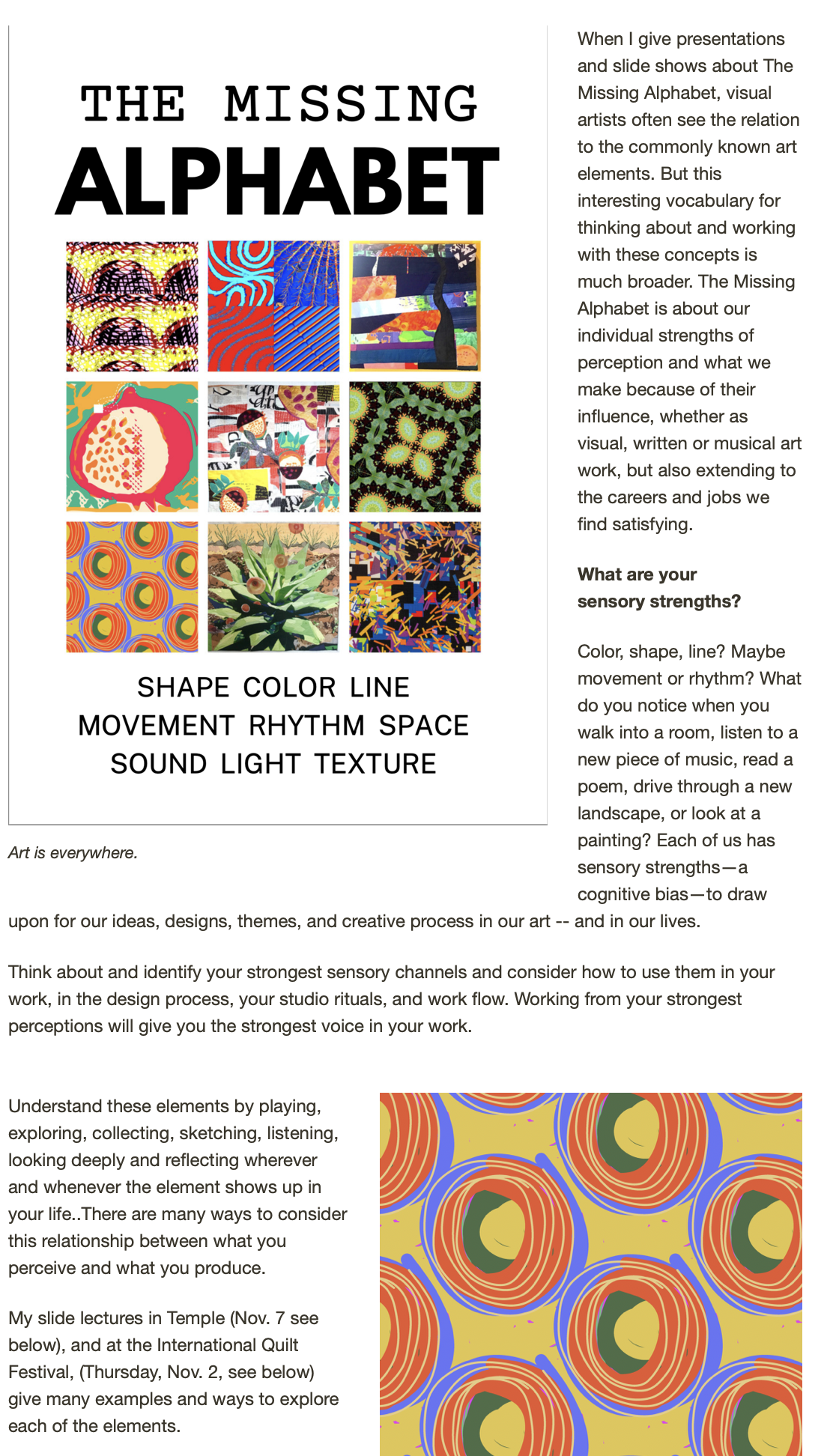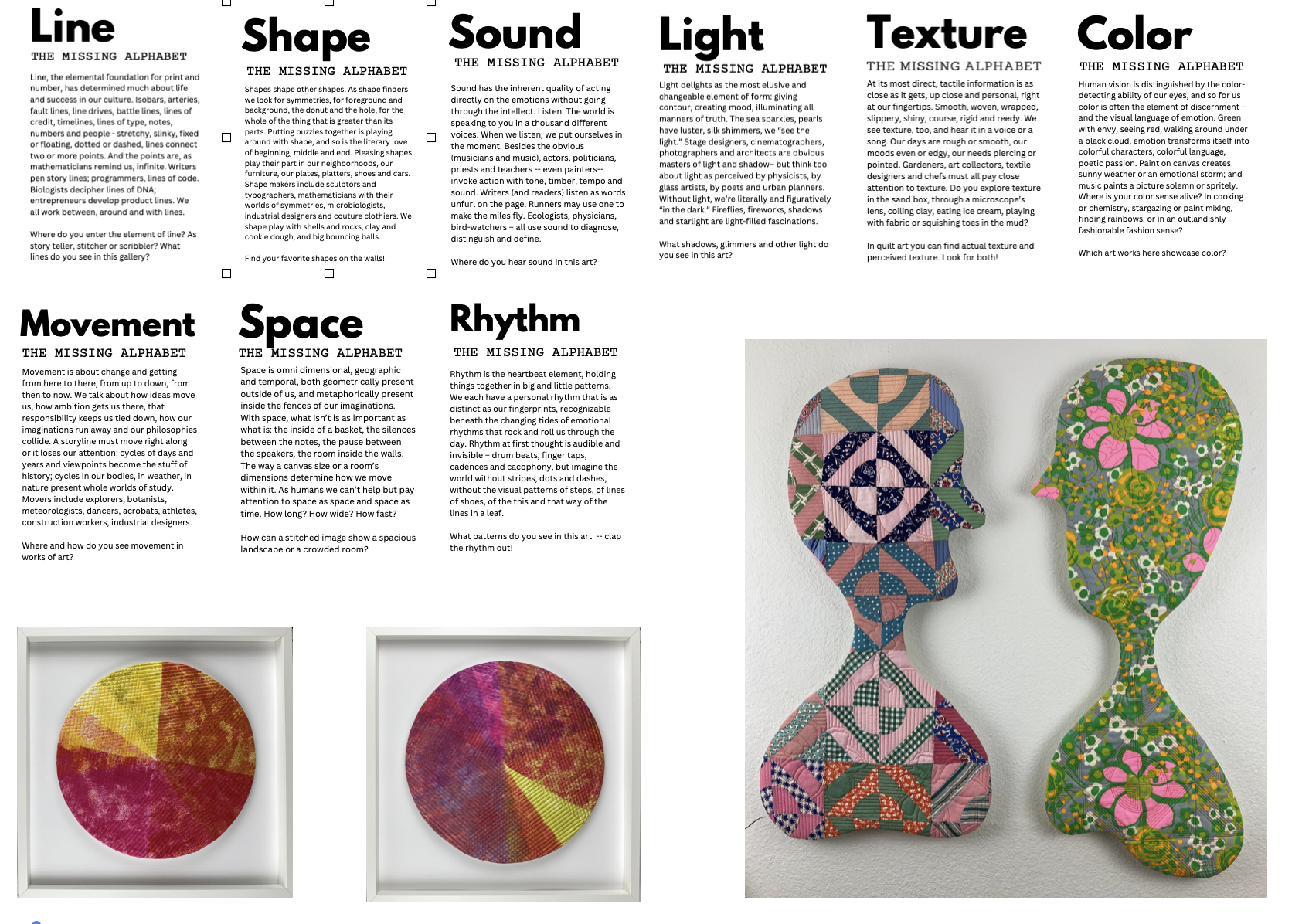
Five-year-olds -- New World Kids -- at the Aldrich explore light.
Having spent a good deal of time in the world of arts education this summer, I have been pondering its value, meaning and limitations. On one hand, I don't want to see the arts belittled and smudged with the all-too-easy to get "oh, that fluff stuff," that many in the academic world (at ALL levels) seem to assign to arts education. On the other hand, I wrestle with the struggle to go beyond the simple teaching of technique that often seems to pass for arts education. And I know that what I do in many of the children's programs that I teach goes beyond art as a field and into creative process -- skills and approaches to problem solving that apply to disciplines far beyond the "traditional" or even the "alternative" art world-- even though I am using language like space-shape-line-texture. But I also deeply regret the loss of art-as-art in our world, swept away by a overwhelming tide of commercial entertainment that seems to hold little lasting aesthetic value.
Then coincidentally, I found this great post today, and because I can't improve on it, I am lifting the essence of this blog entry from JaneVille, Jane LaFazio's blog. Thank you, Jane. (I have decided that Jane and I are undiscovered soul or maybe sole sisters after reading some of her posts, seeing her art gallery website and reading about her arts ed program Mundo Lindo.)
Dana Gioia had this to say, excerpted from his commencement speech at Stanford University earlier this year, as Chairman of the National Endowment for the Arts,
"We need to create a new national consensus. The purpose of arts education is not to produce more artists, though that is a byproduct. The real purpose of arts education is to create complete human beings capable of leading successful and productive lives in a free society. "
"Art is an irreplaceable way of understanding and expressing the world—equal to but distinct from scientific and conceptual methods. Art addresses us in the fullness of our being—simultaneously speaking to our intellect, emotions, intuition, imagination, memory, and physical senses. There are some truths about life that can be expressed only as stories, or songs, or images. "
Jane says: "Makes me feel good about teaching art to kids...and sad that there's not more art instruction in schools."
Read the whole speech here.




